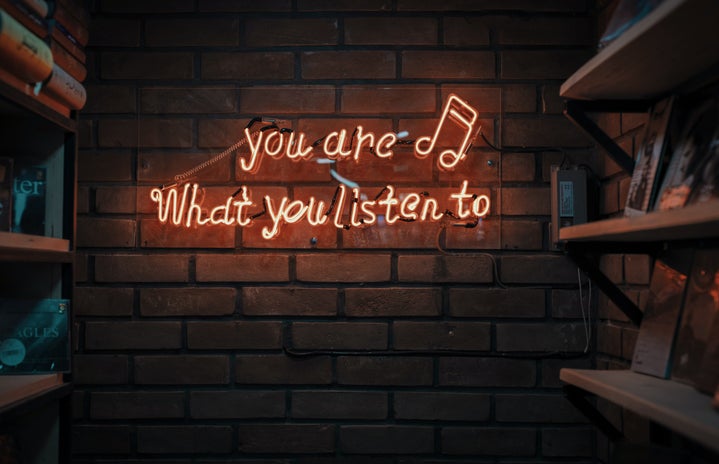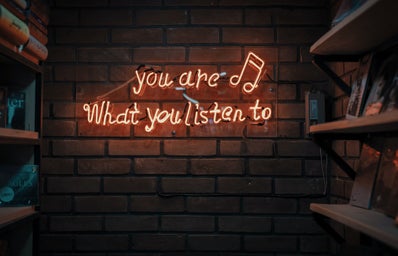By now I’m sure we’ve all heard the phrase “cancel culture”. Don’t freak out though, I’m not going to give my opinion on cancel culture in its entirety, just one relevant piece. That piece is the question of separating the art from the artist. This question was one that was around prior to the conception of cancel culture but it’s gained some traction over recent years.
So, what does separating the art from the artist even mean? The phrase is pretty self-explanatory: the artist refers to the creator of the art, and most often this phrase is used in reference to musicians and their music. The separating part means enjoying and consuming the art but not supporting the artist as a person. People often use this phrase whenever an artist or creator of sorts has done something the general public or at least one personally finds to be wrong. I feel like I see it most commonly used with people who are actually convicted criminals or alleged criminals of violent offenses. Take someone like R.Kelly as an example, a very evil man and convicted felon who happens to have made lots of popular R&B music in the past. If someone wants to keep listening to his music but feels shame or guilt they could use separating the art from the artist as an excuse to try and justify their choices to continue listening to his music.
Now, this is where I ask you all to chime in, can you truly separate the art from the artist? In the spirit of transparency, my personal opinion is that no you cannot. I would argue that the idea of separating the two is just something people tell themselves to make them feel better and not because they truly care about not supporting the artist. Streaming music generates some form of income regardless of how small it is, it is support nonetheless. The same goes for things like royalty checks for reruns of shows or money from merchandise. I feel like if you are still generating income for someone it doesn’t matter if you feel like they’re a bad person because you are still supporting them even if it is silent support. You could make the argument that there is no ethical consumption under capitalism, but for the topic of music and art, that argument falls flat to me. Just because there may be no way to truly ethically support something doesn’t mean you shouldn’t still try, especially when there is tons and tons of music there that is created by people much less problematic than others.
Clearly, this topic is a bit more complicated than what meets the eye, but for a short answer, I say no, you cannot truly separate the art from the artist.


